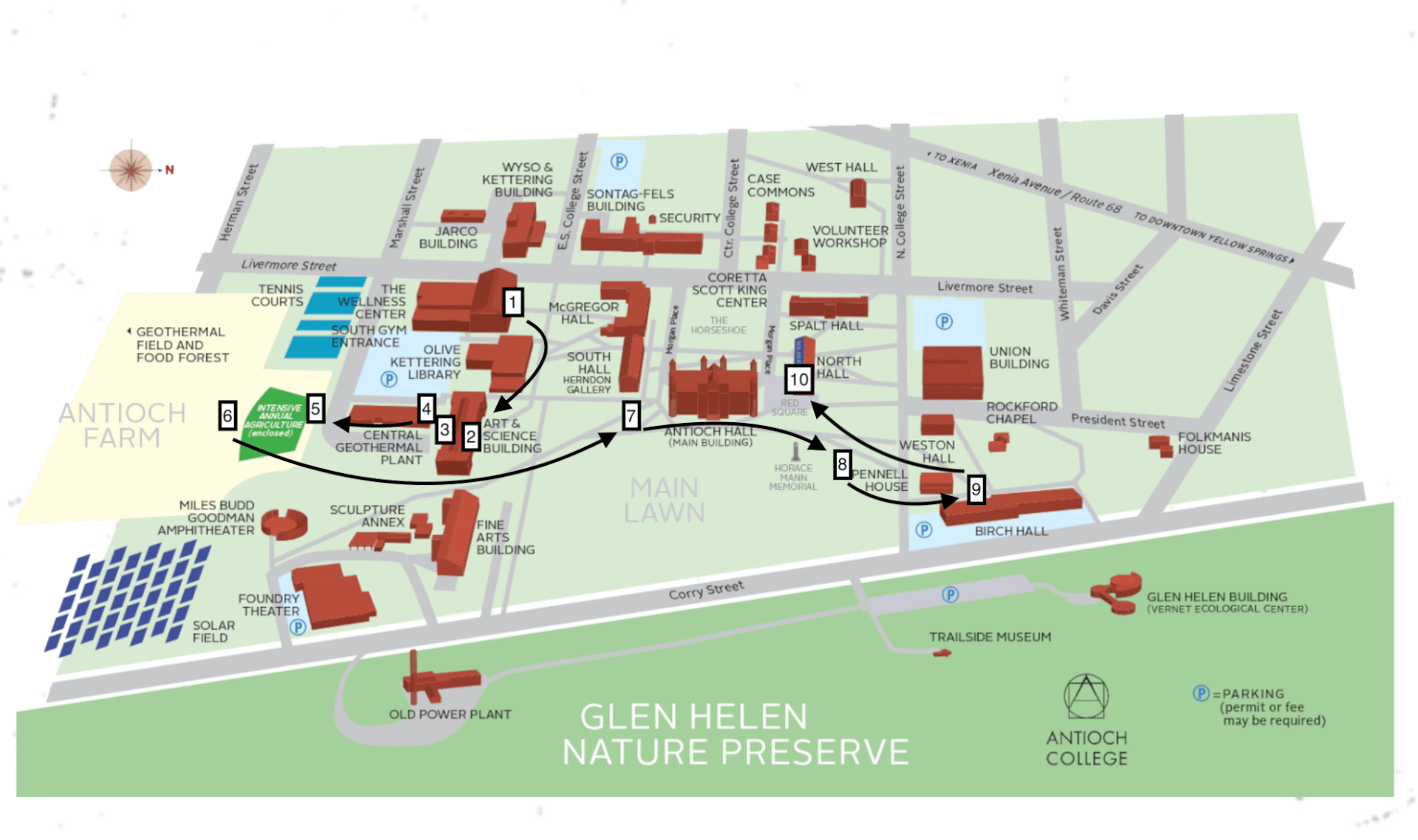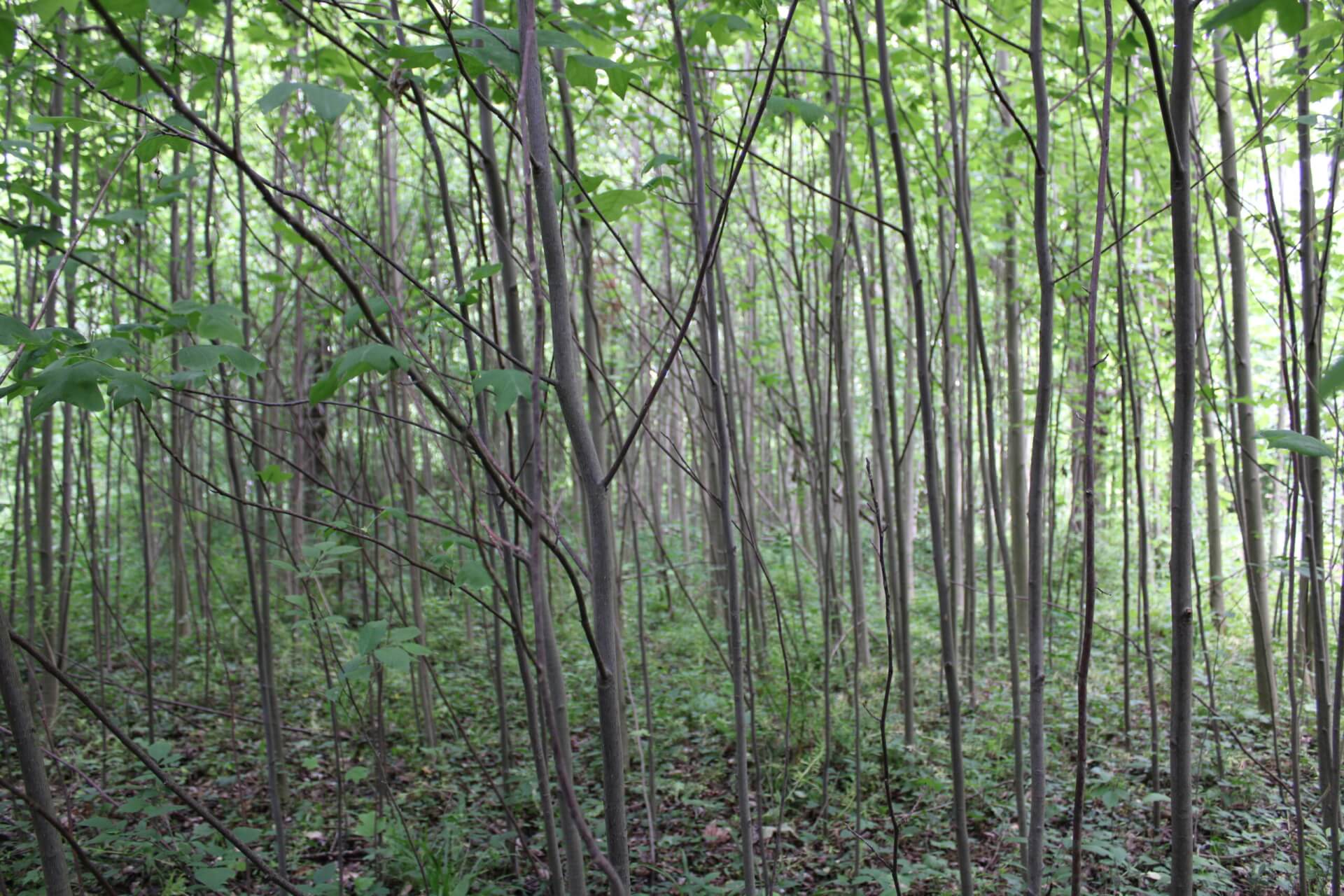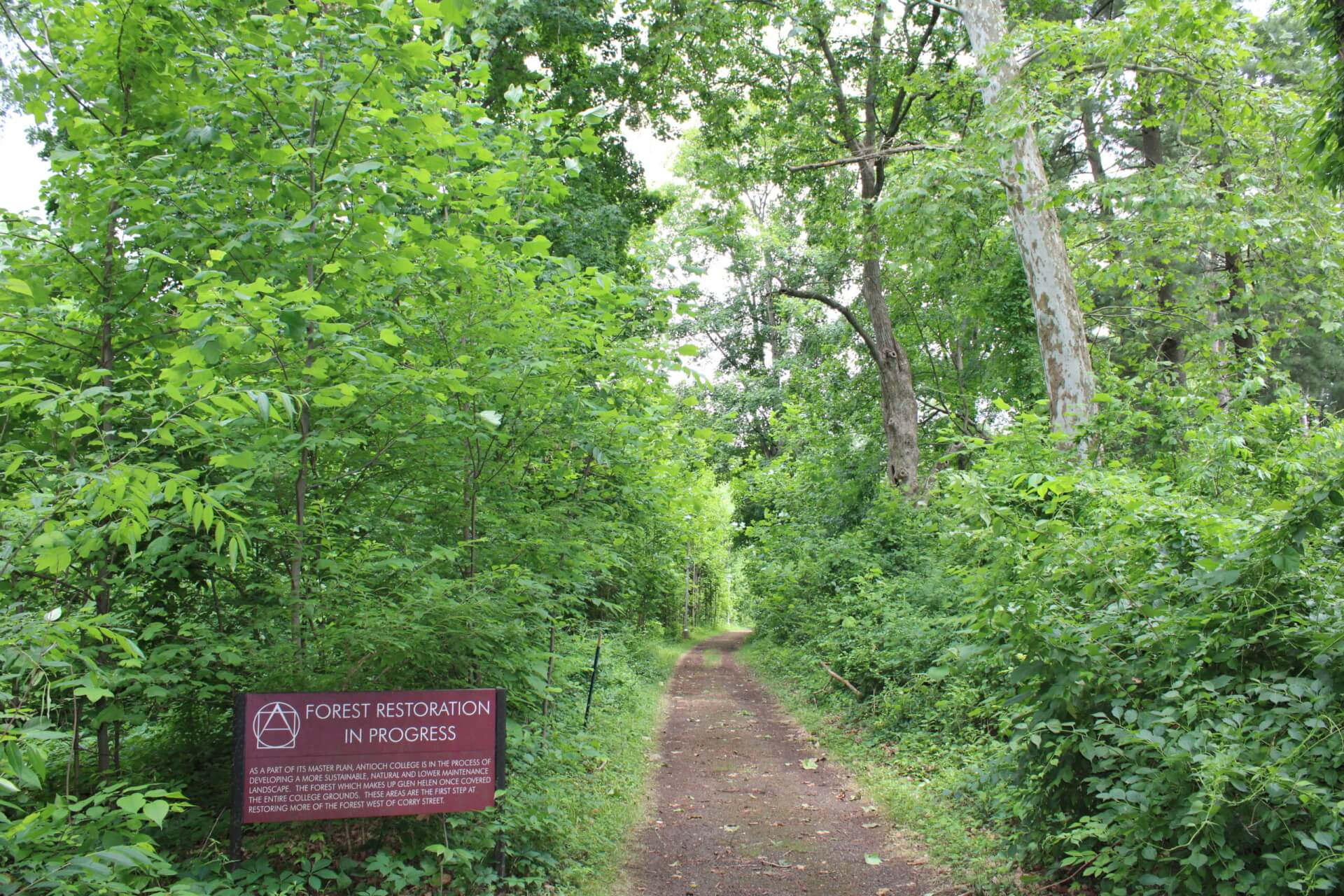Antioch College Sustainability Tour

Table of Contents
Wellness and Sustainability
The Wellness Center is one of many learning hubs on the Antioch College campus. Members of the Wellness Center have the opportunity to learn about and focus on physical and mental health. The Wellness Center is a facility where students and members of the Yellow Springs community come together through movement for the sake of self care. The Wellness Center offers a competition-length indoor pool, a therapeutic spa, and a variety of exercise equipment; indoor and outdoor courts for basketball, tennis, and racquetball are also available for the community. The Wellness Center also offers an array of classes ranging from yoga and pilates to jiu jitsu, spinning, and more.
A LEED (Leadership in Energy and Environmental Design) Gold certified building, the Wellness Center strives for sustainability wherever possible. Both the interior and exterior of the building are designed with sustainability in mind. The building relies on geothermal energy and utilizes natural light to reduce the necessity for artificial lighting; where artificial lighting is necessary, motion sensor LED lights are employed to conserve energy. In addition water usage is decreased by 20-40% as compared to a non-LEED certified building. The indoor pool uses an energy efficient UV filtration system that limits water usage while keeping the pool safe and sanitary. Rain gardens and dry wells around the building reduce pollution and return rainwater to the surrounding soils. There are also bike racks on either side of the main entrance to encourage visitors to use alternative transportation.
Visit the Wellness Center website at https://antiochcollege.edu/wellness-center/
Art and Science Building
Native Plant Gardens
Geothermal Energy
Food Forest
Antioch Farm to Table
Pollinator Friendly Landscapes
Habitat Restoration

Antioch’s forest restoration areas benefit the campus in a multitude of ways. They support pollinators as well as other ecological communities on the farm and in natural campus spaces. Encouraging these natural spaces nourishes the campus as a whole and reinforces healthy ecosystem dynamics. Reforestation improves soil quality, aids in erosion control, supports biodiversity, conserves water, and reduces the environmental impacts of mowing. These reforested areas also improve air quality and watershed health.
These walkable forest spaces are an important learning resource for the Antioch community and the Yellow Springs community. These natural spaces serve as a classroom for professors and students to engage with and learn about native flora and fauna. Students also help care for these spaces, learning about trees native to this area as well as the importance of trees in any ecosystem. Spending time in nature is also beneficial for mental health and can help students stay focused and grounded. Here, students can develop a more connected relationship with nature which fosters the care required for sustainable action.



Birch Kitchen
North Hall
